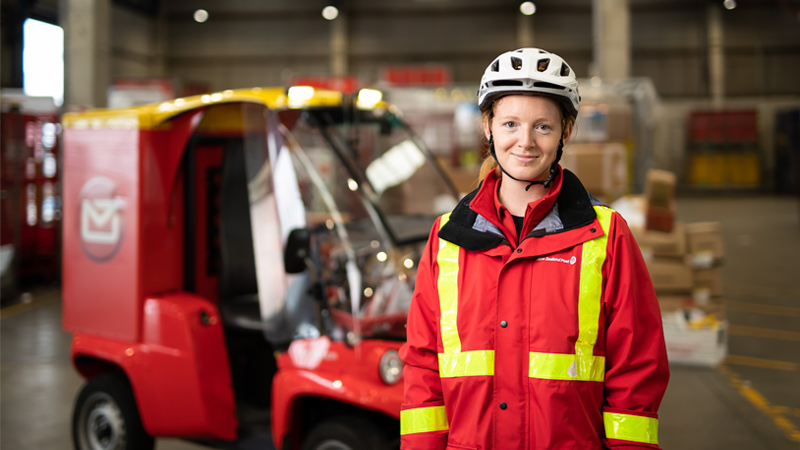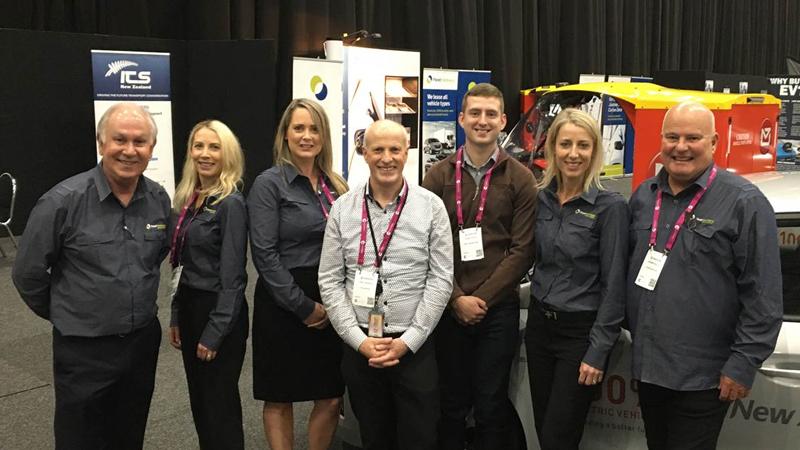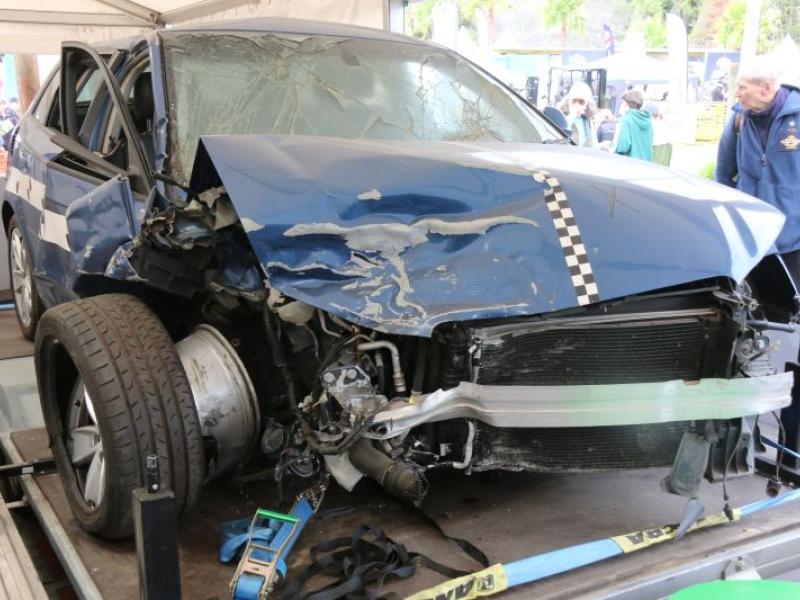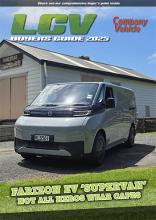NZ Post has been leading the way with one of the largest electric fleets in the country with more than 50% of its fleet electrified.
With a goal to be carbon neutral from 2030, NZ Post’s journey started with a clear carbon strategy and targets, understanding their fleet utilisation, selecting the best fit for purpose vehicles, innovative charging solutions and getting their team on board.
As the long-standing vehicle leasing supplier to NZ Post for over 20 years, FleetPartners has more recently been assisting NZ Post with their transition to low CO2 and electric vehicles.
FleetPartners is currently deploying the second round of Hyundai Kona EVs to replace NZ Post’s ICE vehicles, as well as managing their fleet of 420 Paxsters.
Soon, NZ Post will launch their new fleet of 70 eBikes to support the delivery of mail, with FleetPartners fleet managing those assets to ensure their upmost safety and are fit for purpose.
Let’s read how NZ Post got on their journey to carbon neutral.
Setting NZ Post’s Carbon Strategy
In 2017, the goal to be carbon neutral from 2030 was agreed by NZ Post’s Board, CEO and key internal stakeholders.
Chad Foley, NZ Post’s Environment Project Manager says, “To understand and be clear about how we will achieve our goal, we needed to establish a science-based target to reduce our carbon footprint by 32% by 2030, using 2018 as a base year.”
NZ Post then set up a solid carbon strategy with targets in four focus areas:
• Last-mile fleet (mainly contractors) - achieve 25% reduction in emissions by 2025.
• Leased and owned fleet - achieve 100% EV target by 2025.
• Heavy freight - 10% reduction in emissions by 2025.
• Engaging staff on the journey and getting everyone on board.
Selecting the right vehicles that are fit for purpose
Paul Booth, NZ Post’s Transport Logistics Manager, said, “NZ Post’s electric vehicle journey started in 2011 with the Mitsubishi iMiev where an opportunity arose to do a pilot of the 100km range vehicle for three years.
“It was then monitored on range and practicality and assessing what charging infrastructure was required for that vehicle at that time.”
With a theoretical range of 100km, the pilot vehicles were based in central Wellington and Auckland. It was found that the battery life was more around the 70-80km range.
Booth said, “The next step was to assess how we could deliver packets and mail more quickly. So, in 2015, we introduced the electric Paxster which gave the delivery agents capacity to deliver small packets, as well as the mail.
“The Paxster pilot worked well and a bulk order of 450 vehicles was then ordered from Norway.”
With the Paxsters originally designed for Norwegian roads, NZ Post had to go through a process of updating the features to make them safer.
A dash cam was introduced, as well as reverse camera, high stop brake light and daytime running lights. The suspension was changed to suit New Zealand curb heights, seat covers and windscreens were sourced locally to ensure economic feasibility. Seatbelts were fitted for added safety.
Paxsters were fully integrated by the end of 2017, which gave NZ Post more capacity to deliver mail and parcels into the delivery network.
FleetPartners manages the fleet of electric Paxsters and their supply chain, from compliance, servicing and maintenance to sourcing local parts that are viable.
Jody Taylor, Relationship Manager at FleetPartners says, “Creating a network to support the Paxsters while out on delivery is paramount to our service delivery commitment, as is enhancing the capability and user experience of the last mile delivery vehicle.”
First Assistance, FleetPartners’ roadside recovery partner, was one of the first introduced suppliers to support the recovery of Paxsters at roadside and delivery of a spare unit to ensure the mail gets delivered on time.
FleetPartners will also be fleet managing the eBikes being rolled out soon to support the Paxsters.

Selecting the right EVs for the fleet
Hyundai worked with NZ Post to offer some demonstrator vehicles to allow NZ Post the opportunity to test the vehicles and their range.
The Hyundai Ioniq and Kona models were piloted with FleetPartners currently deploying the second round of Hyundai Kona EVs to replace their ICE vehicles.
Taylor says, “The Hyundai all-electric Kona is the first electric compact SUV to come to NZ and we are seeing great uptake of this vehicle by our business customers. It covers all bases of a great design, size and of course the range of over 400km with one charge gives drivers peace of mind.”
Getting Charging and Infrastructure right
The easiest solution for NZ Post for their charging and infrastructure solutions was to ensure their drivers have good access to charging stations.
NZ Post currently has 44 charging stations installed at various NZ Post sites for staff to charge their pool and work vehicles. There were ways that the team tried to minimise costs of works to buildings by installing the chargers close to the switchboards.
Getting their team on board
To ensure workplace health and safety compliance, NZ Post engaged with their safety and wellbeing team and HR training to ensure there is appropriate training in place for the new vehicles.
To overcome range anxiety by the teams, the Kona was an easy choice as it can achieve 450-480km with one charge and so effectively takes that anxiety away.
It was important to ensure the drivers had a positive experience with the vehicles from the beginning.
Vehicles were given to drivers to do test drives, take for the night or weekend to really give them a good feel for the vehicles.
An in-depth demonstration of the vehicle was also given to each driver to ensure all bases were covered.
Even though NZ Post is making great progress in its decarbonisation journey, they know it doesn’t happen overnight.
To help fund and accelerate low carbon actions, each year they look at what the cost of being carbon neutral is, take that money and reinvest it into decarbonisation activities.
NZ Post has also made a revolutionary commitment to partially fund EVs for their delivery contractors through the launch of the NZ Post Electric Vehicle Incentive Programme in July 2020.
As well as educational material, approximately $500,000 in funding is available every year through the decarbonisation fund to help lower the purchase price of the vehicles. Check out www.nzpost.co.nz/evan for more information.
FleetPartners continues to be a strategic leasing partner for NZ Post and continues to assist them in their journey to become carbon neutral from 2030.
Jody Taylor, Relationship Manager, FleetPartners






